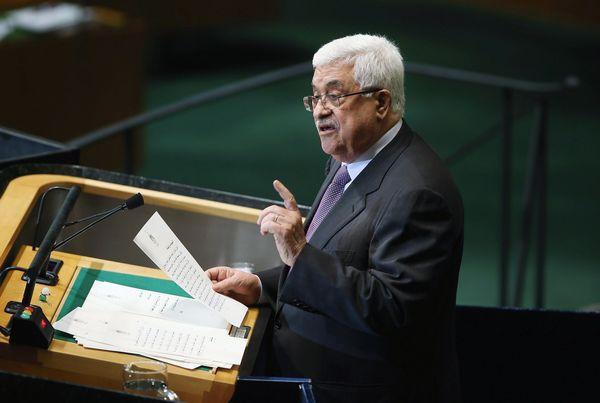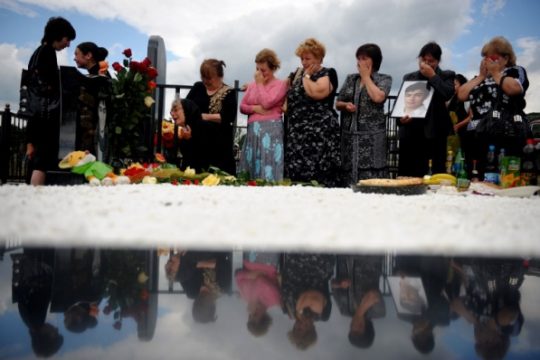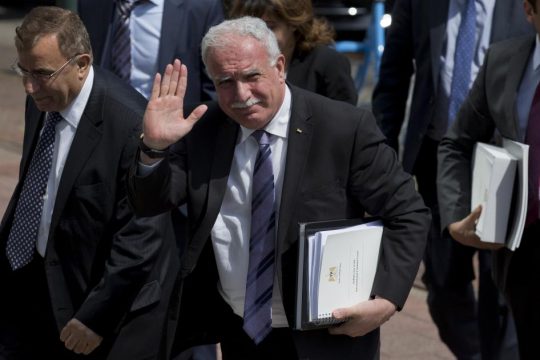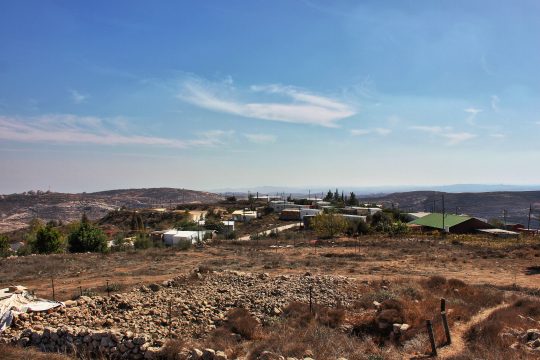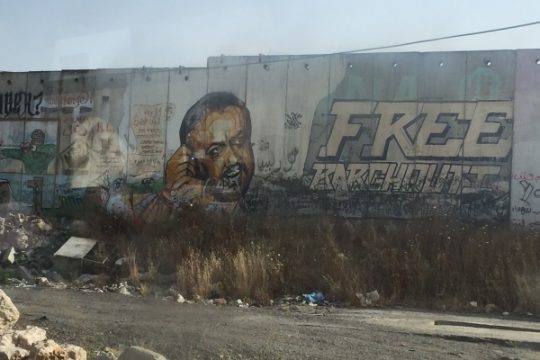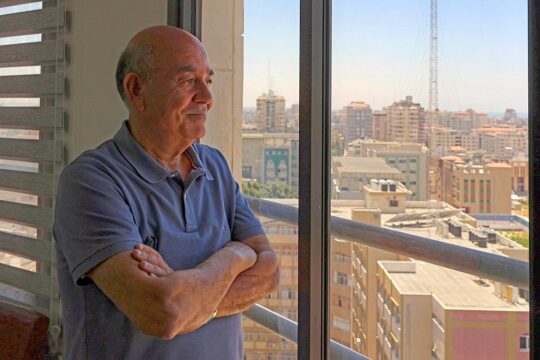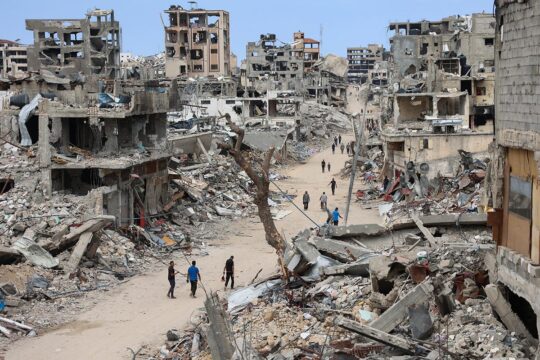Lawyers representing 448 named victims and 42 Palestinian civil society organizations have presented to International Criminal Court Prosecutor Fatou Bensouda a thick file of complaints against Israeli settlement, its blockade of Gaza and the war of summer 2014. They are urging the Prosecutor to speed up proceedings and asking her to open an investigation.
“This is the first time the people have turned to the Court,” said French lawyer Gilles Devers as he emerged from the International Criminal Court (ICC) on July 19 after filing the complaint on behalf of Palestinian victims and civil society groups. The list of complainants includes a wide cross-section of Palestinian civil society, including trade unions – of pharmacists, fishermen, farmers, engineers, nurses and others –, Gaza municipalities, associations of artists and writers, prisoners’ organizations and four hospitals. In a long document of some 200 pages, they urge the Court to open an investigation for crimes against humanity and war crimes resulting from Israel’s settlement policy, blockade of the Gaza Strip and the Gaza war of summer 2014. "Palestine has been under preliminary examination by the ICC for two years," said lawyer Gilles Devers, whose clients are mostly from Gaza. "In Gaza, we think two years is too long."
Eight years of procedures
This is not the first time the ICC has been approached. In January 2009, the Justice Minister of the Palestinian Authority first asked the Court to investigate crimes committed since 2002. Former Prosecutor Luis Moreno Ocampo declared just before the end of his mandate in April 2012 and after three years of consultations, that the ICC did not have the power to do so because Palestine was not recognized as a State. The issue was thus thrown back to the ICC Assembly of States Parties and the United Nations. It was the UN General Assembly that decided the issue, after a tumultuous vote in November 2012 giving Palestine the status of a UN “non-member State”. But it was not until Israel’s Operation Protective Edge in summer 2014 that Palestinian Authority (PA) President Mahmoud Abbas considered ratifying the ICC treaty. The PA threatened to join the Court if there was no precise calendar from Israel on withdrawal from the Occupied Territories. But there was no progress, so Palestine ratified the ICC treaty on January 2, 2015 and also seized the Court on crimes committed in summer 2014, opening the way to an ICC preliminary examination (first step to decide if there will be an investigation). The preliminary examination was immediately opposed by Tel Aviv and its US ally, who argue that Palestine is not a State. Before joining the Court, Ramallah obtained approval from all Palestinian factions including Hamas, but the preliminary examination is bogged down and so the civilian population has decided to relaunch the pressure in The Hague.
Established facts
The complaint filed by lawyer Devers focuses primarily on Israeli settlement, based on dozens of UN reports between the beginning of the crisis and now. “The facts of colonization, and in particular for East Jerusalem, have been perfectly established by United Nations documentation since 1967,” the plaintiffs write. “These facts are not hidden, but claimed by the occupying power.” The document targets not only the policy of successive Israeli governments but also denounces complicity of 13 companies said to be involved in the settlements, including Veolia, Caterpillar, Riwal, Dexia, Volvo, Hewlett Packard and Motorola. “The main goal of Israeli leaders is to acquire the Palestinian territory by force, by driving out the Palestinian population,” says the document. “The expansion of settlements in the West Bank or East Jerusalem is a major axis of Israel's policy.” The plaintiffs stress that “the Security Council reiterates insistently that continued colonization is an obstacle to peace, and so, the opening of the investigation will serve the interests of justice.”
The lawyers plan to submit in the coming months detailed arguments on the situation in East Jerusalem. Their document also looks at the six-week war of summer 2014 between Israeli forces and Hamas, and provides detailed reports of the effects of the blockade imposed on Gaza. It also lists the fishermen victims of Israeli fire. Lawyer Gilles Devers thinks that in the current climate of impunity the ICC, which only intervenes if a State does not have the will or capacity to hold a trial, has every reason to investigate. “The Israeli Supreme Court flouts international law, and has even rejected the 2004 opinion of the International Court of Justice concerning the separation wall,” says the document. “On the Palestinian side, institutions are firmly determined to seek justice for the victims, but the military occupation and the blockade make it impossible to hold a trial.”



